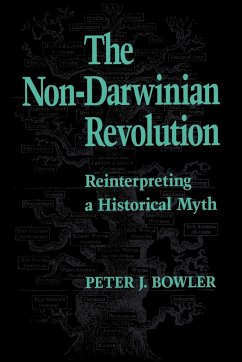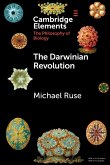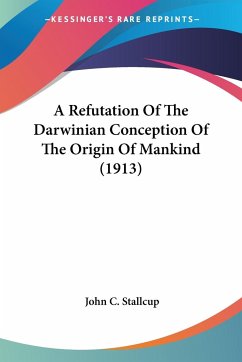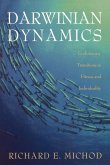Concise and clearly written, "The Non-Darwinian Revolution" sets forth a convincing argument for a reappraisal of Darwin's importance not only for the history of science but for the history of ideas as well. Bowler finds no fault with Darwin's theory, only with the mistaken notion of its revolutionary effect on nineteenth-century thought. Examining the work of such figures as Owen, Spencer, Kelvin, Huxley, Haeckel, and Freud, Bowler discovers a near-universal tendency to accept evolutionism while rejecting Darwin's central premise: natural selection. Instead, leading scientists and thinkers stubbornly clung to the Lamarckian theory of evolution as guided, purposeful development until they were forced by the twentieth century's "rediscovery" of Mendelian law to concede otherwise.
Hinweis: Dieser Artikel kann nur an eine deutsche Lieferadresse ausgeliefert werden.
Hinweis: Dieser Artikel kann nur an eine deutsche Lieferadresse ausgeliefert werden.








